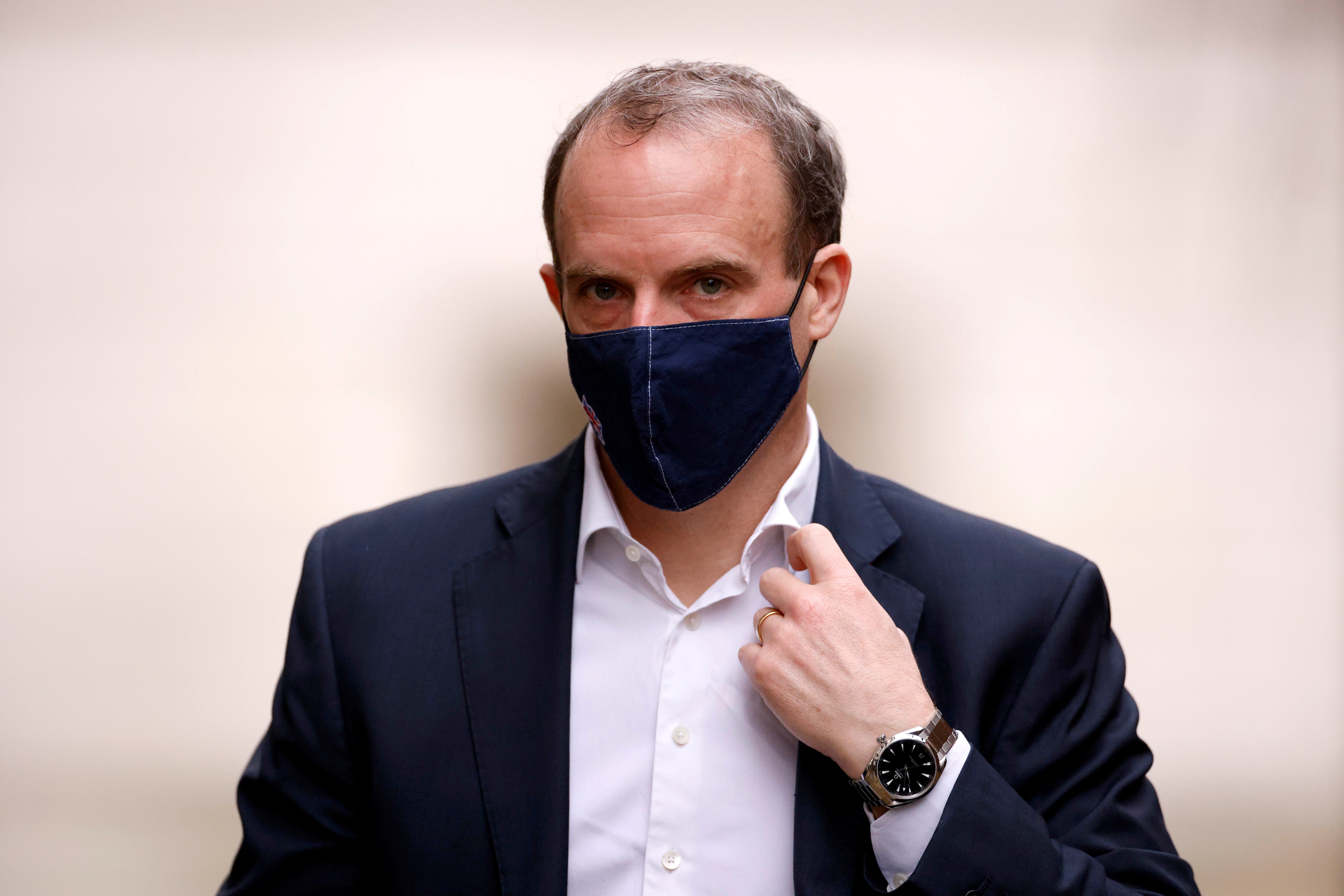Your support helps us to tell the story
From reproductive rights to climate change to Big Tech, The Independent is on the ground when the story is developing. Whether it's investigating the financials of Elon Musk's pro-Trump PAC or producing our latest documentary, 'The A Word', which shines a light on the American women fighting for reproductive rights, we know how important it is to parse out the facts from the messaging.
At such a critical moment in US history, we need reporters on the ground. Your donation allows us to keep sending journalists to speak to both sides of the story.
The Independent is trusted by Americans across the entire political spectrum. And unlike many other quality news outlets, we choose not to lock Americans out of our reporting and analysis with paywalls. We believe quality journalism should be available to everyone, paid for by those who can afford it.
Your support makes all the difference.Unspecified opportunities to be created by Brexit in the future will more than make up for problems it is causing businesses now, Dominic Raab has said.
Speaking on Sunday the foreign secretary urged businesses to take a "10-year view" to the troubles currently unfolding on the Irish Sea border and elsewhere.
And he appeared to blame Brussels for the new Brexit bureaucracy, accusing the EU of imposing new obstacles to trade.
“We have always been clear that there are changes that come with exiting the transition period, and what we’re trying to do is support businesses as best we can to manage those," Mr Raab told the BBC's Andrew Marr programme.
Follow Brexit live: Liz Truss ‘refusing to answer trade questions’ as Labour warns of high street crisis
“I think if you take a 10-year view, as well as looking at the short-term risk, which is right to do, actually the growth opportunities in the future are going to come from emerging and developing economies around the world.”
Asked whether this meant businesses should do less trade with the EU and more elsewhere, the staunch Brexiteer said:
“I wouldn’t put it quite in those terms, but it’s certainly right to say that we want to bank, if you like, the baseline of our European trade – it’s very important to us, and they are obviously our neighbours – but if you look at the opportunities for growth in the future for UK companies … the growth economies are going to come from the Indo-Pacific region.”
He said it was the government's aim to “reduce and mitigate as far as we can the bureaucratic obstacles that the EU is imposing".
Increasing numbers of firms have warned in recent weeks that new Brexit bureaucracy is making it harder for their to do business.
In some cases, such as those of seafood exporters, the extra costs are making old businesses unviable.
Other problems are geographically focused, such as in Northern Ireland, where shortages of products have been reported in supermarkets.


Join our commenting forum
Join thought-provoking conversations, follow other Independent readers and see their replies
Comments